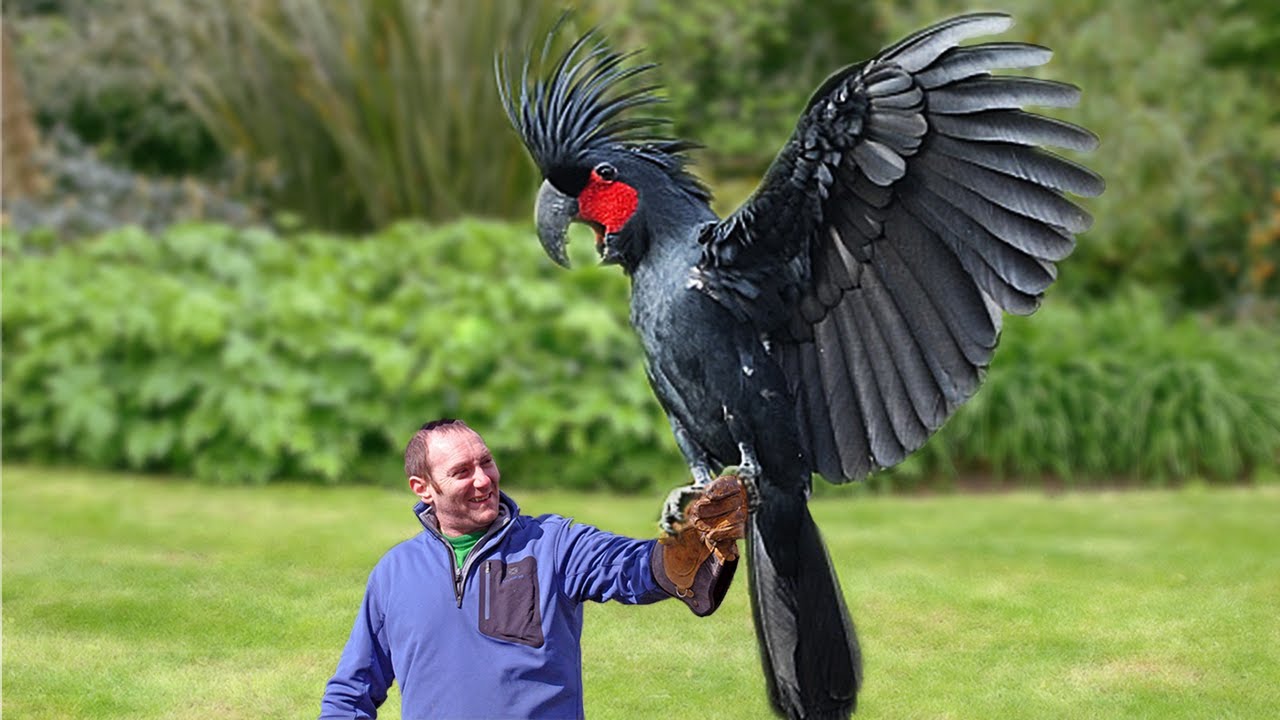general
The Role of Birds in Ecosystems: Nature’s Feathered Guardians
Birds, often seen as mere symbols of beauty and freedom, play crucial roles in the intricate web of ecosystems. Their influence extends far beyond their melodious songs and vibrant plumage; they are fundamental to maintaining ecological balance and health. In this comprehensive exploration, we will delve into the multifaceted roles birds play in ecosystems, their contributions to biodiversity, and the importance of conserving these feathered guardians.
1. Pollinators: Birds as Floral Stewards
Birds contribute significantly to the pollination of many plant species. While bees and butterflies are often highlighted as key pollinators, birds such as hummingbirds, sunbirds, and honeyeaters are also essential in this process. Their feeding habits involve moving from flower to flower in search of nectar, inadvertently transferring pollen and facilitating plant reproduction.
- Hummingbirds are renowned for their role in pollination. As they hover and sip nectar, their specialized beaks and tongues collect and transfer pollen, helping plants like columbines, trumpet creepers, and many fruit-bearing trees reproduce.
- Sunbirds in Africa and honeyeaters in Australia perform similar roles, supporting the growth of native flora and ensuring the health of ecosystems dependent on these plants.
2. Seed Dispersers: Spreading Life Across the Landscape
Birds are crucial for the dispersal of seeds, which promotes plant diversity and regeneration. As they consume fruits and seeds, they transport them to new locations, often far from the parent plant. This process aids in the spread of plant species and the formation of new plant communities.
- Frugivorous birds, such as wood thrushes and American robins, eat fruits and then excrete the seeds in different areas. This not only helps plants colonize new areas but also enhances genetic diversity within plant populations.
- Pigeons and doves are particularly effective at dispersing seeds due to their high mobility and ability to travel long distances.
3. Pest Control: Natural Regulators of Insect Populations
Birds are natural pest controllers, feeding on a wide variety of insects and other invertebrates that can otherwise become pests. This predation helps regulate insect populations, reducing the need for chemical pesticides and promoting a healthier ecosystem.
- Swallows and swifts are particularly adept at controlling flying insect populations. Their high-speed aerial foraging can significantly reduce numbers of mosquitoes, flies, and other insects.
- Owls and hawks serve as important predators of rodents and other small mammals. Their hunting helps keep these populations in check, preventing potential agricultural damage and promoting ecosystem balance.
4. Ecosystem Engineers: Shaping the Habitat
Some bird species are considered ecosystem engineers due to their activities that directly alter the environment, benefiting other species in the process. Their behaviors contribute to habitat formation and maintenance.
- Woodpeckers, for example, create nesting cavities in trees, which are subsequently used by other species, including mammals and insects. These cavities provide critical shelter and nesting sites for a variety of organisms.
- Ospreys build large nests on top of tall structures like trees and utility poles. These nests can become important nesting sites for other bird species, contributing to the biodiversity of their surroundings.
5. Indicators of Ecosystem Health: Monitoring Environmental Changes
Birds are often used as indicators of environmental health due to their sensitivity to changes in habitat quality and climate. Their presence or absence can provide valuable insights into the state of ecosystems and potential environmental issues.
- Migratory patterns of birds can signal changes in climate and habitat conditions. Shifts in migration timings or routes can indicate alterations in food availability, climate change, or habitat degradation.
- Population declines of certain bird species can serve as early warnings of broader environmental problems, such as pollution or habitat loss.
6. Cultural and Economic Value: Beyond Ecological Roles
Beyond their ecological contributions, birds hold significant cultural and economic value. They inspire art, folklore, and conservation efforts and contribute to local economies through birdwatching and ecotourism.
- Birdwatching is a popular activity worldwide, providing recreational opportunities and fostering an appreciation for avian diversity. It also contributes to local economies through tourism and related activities.
- Birds in Culture: Many cultures revere birds as symbols of peace, freedom, and spiritual significance. They appear in mythology, literature, and art, reflecting their importance to human societies.
Conservation Implications: Protecting Nature’s Feathered Guardians
The importance of birds in ecosystems underscores the need for effective conservation efforts. Habitat loss, climate change, and pollution pose significant threats to bird populations, which in turn impacts the ecosystems they support.
- Habitat Protection: Preserving natural habitats and creating bird-friendly environments are essential for maintaining bird populations and their ecological roles.
- Climate Action: Addressing climate change is crucial for safeguarding migratory routes and breeding grounds, ensuring that birds can continue their vital roles in ecosystems.
- Pollution Control: Reducing pollution and its effects on bird health and habitats can help maintain healthy bird populations and ecosystems.
Conclusion: Celebrating and Safeguarding Our Feathered Friends
Birds are more than just beautiful creatures; they are integral to the health and functioning of ecosystems around the world. Their roles as pollinators, seed dispersers, pest controllers, and ecosystem engineers highlight their importance in maintaining ecological balance. By understanding and protecting these feathered guardians, we ensure the continued vitality of the ecosystems they support and the biodiversity they help sustain. Through conservation efforts and increased awareness, we can celebrate and safeguard the remarkable contributions of birds to our natural world.

